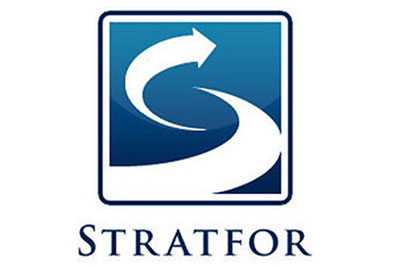By George Friedman
Turkey’s Justice and Development Party (AKP) won Parliamentary elections June 12, which means it will remain in power for a third term. The popular vote, divided among a number of parties, made the AKP the most popular party by far, although nearly half of the electorate voted for other parties, mainly the opposition and largely secularist Republican People’s Party (CHP). More important, the AKP failed to win a super-majority, which would have given it the power to unilaterally alter Turkey’s constitution. This was one of the major issues in the election, with the AKP hoping for the super-majority and others trying to block it. The failure of the AKP to achieve the super-majority leaves the status quo largely intact. While the AKP remains the most powerful party in Turkey, able to form governments without coalition partners, it cannot rewrite the constitution without accommodating its rivals.
One way to look at this is that Turkey continues to operate within a stable framework, one that has been in place for almost a decade. The AKP is the ruling party. The opposition is fragmented along ideological lines, which gives the not overwhelmingly popular AKP disproportionate power. The party can set policy within the constitution but not beyond the constitution. In this sense, the Turkish political system has produced a long-standing reality. Few other countries can point to such continuity of leadership. Obviously, since Turkey is a democracy, the rhetoric is usually heated and accusations often fly, ranging from imminent military coups to attempts to impose a religious dictatorship. There may be generals thinking of coups and there may be members of AKP thinking of religious dictatorship, but the political process has worked effectively to make such things hard to imagine. In Turkey, as in every democracy, the rhetoric and the reality must be carefully distinguished.
Turkey’s Shifting Policy
That said, the AKP has clearly taken Turkey in new directions in both domestic and foreign policy. In domestic policy, the direction is obvious. While the CHP has tried to vigorously contain religion within the private sphere, the AKP has sought to recognize Turkey’s Islamic culture and has sought a degree of integration with the political structure.
This has had two results. Domestically, while the AKP has had the strength to create a new political sensibility, it has not had the strength to create new institutions based on Islamic principles (assuming this is one of its desired goals). Nevertheless, the secularists, deriving their legitimacy from the founder of modern Turkey, Kemal Ataturk, have viewed his legacy and their secular rights – one of which is the right of women not to have to wear headscarves – as being under attack. Hence, the tenor of public discourse has been volatile. Indeed, there is a constant sense of crisis in Turkey, as the worst fears of the secularists collide with the ambitions of the AKP. Again, we regard these ambitions as modest, not because we know what AKP leaders intend in their heart, but simply because they lack the power to go further regardless of intentions.
via RealClearWorld – Will the West Accept Rising Turkey?.
